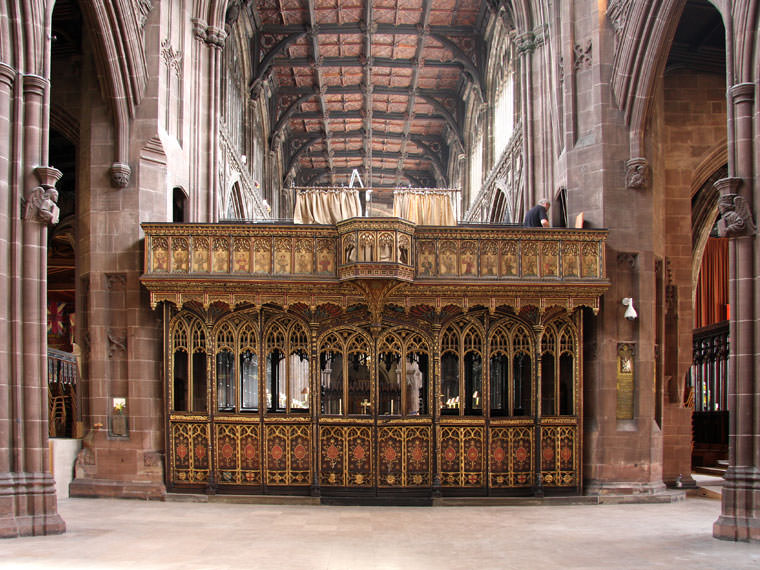MrDavidRoberts":2jzwxwqx said:
All the old farts who have never actually tried a modern good 62 plane, please just don't comment nonsense...
Btw, I funded my Good tools by purchasing cheap old planes from ebay, fixing/polishing them up and selling for 3-5x more.. I have gone through at least 25 of the older stanley/records, not 1 plane I received was in the state of ''use it out of the box for smooth results'' ,a newcomer will simply have no idea what's wrong with an used plane and what needs doing to it to get it perfect- again they don't even know what results you should be getting from a good one as they have nothing to compare against..
Yes it's a cheap way to get in to woodworking.. but it's a waste of your time..
As the OP of no less than
three current threads asking advice on buying planes (if you count the one you duplicated previously)
and one on buying a screwdriver for planes #-o , you seem to have had a Damascus moment overnight where you have made a decision and now all other options are wrong. Again.
It's a shocker to us all. Really.
It's not the first time by a long way you have asked for help and advice then outright ignored it or taken umbrage when it was given by people willing to share their knowledge, experience and
opinions. It might be best though if you didn't offer advice to other beginners when you're asking it yourself then habitually disregarding it and deciding you know best.
Beginner myself. No shame in that, I'm the first to admit it. At least I realise the first step to learning is that there are no absolutes. Second step is realising just how much you have to learn. It's frightening that bit. Third step is not faltering, giving up and doing summat easier and choosing a pace, style and method that suits you. As long as you are getting some sort of joy out of it, some release you're doing okay I'd reckon.
Personally I only took it up as a hobby because I have lived a life of rather dubious virtue (always been nice to kids and kittens and nice people generally mind) and seeing as how Jesus' old man was a Carpenter and that I thought 'Won't hurt Chris. Just in Case you're wrong about all that stuff. It's not like you have to go to Church every week or 4 times if you're a Catholic.'
Don't mind a bit of sea fishing. Can't be doing with Carp and all that freshwater nonsense and I don't have the money for flyfishing.
They aren't gonna be letting you into Heaven because you made your Mrs go on a Carp fishing Holiday to some lake in France and anyway they all gave up that fishing lark when they became Disciples.
To the OP before the thread is derailed I'd urge just a little caution.
You never know who you are listening to on the internet.
Use the UKW search function, read a few of the older threads on this topic as well. Will give a good balance.
As with all things in life one mans meat is anothers poison.
When I very first started out I bought a few Ashley Iles chisels. Didn't make me better.Did make me realise what properly (F******G ) sharp could be and what a difference it made. Yeh they probably did tbh. That was
actually a Damascus moment for me. Knowing a little more than I did then would I buy them now if starting out. No chance.
Do I regret spending the extra?
Noooooo. Not really.
(hammer)
I have some lovely chisels that will outlast me.
Didn't make me better though. Didn't increase my knowledge or skill set. Just made those few first steps a little easier. At a very early point you can fall from the shiny tool trap to the sharpening trap.
Wait till they are on sale then check for flatness before unwrapping
Get a bit of leather, some autosol to strop and you're off. And you'll have to hone (a lot more than you thought).
Guessing they managed this
without Bailey, LN or BU planes. There's a point where you have to stop asking the tools and know how to do it yourself I'd say.

































